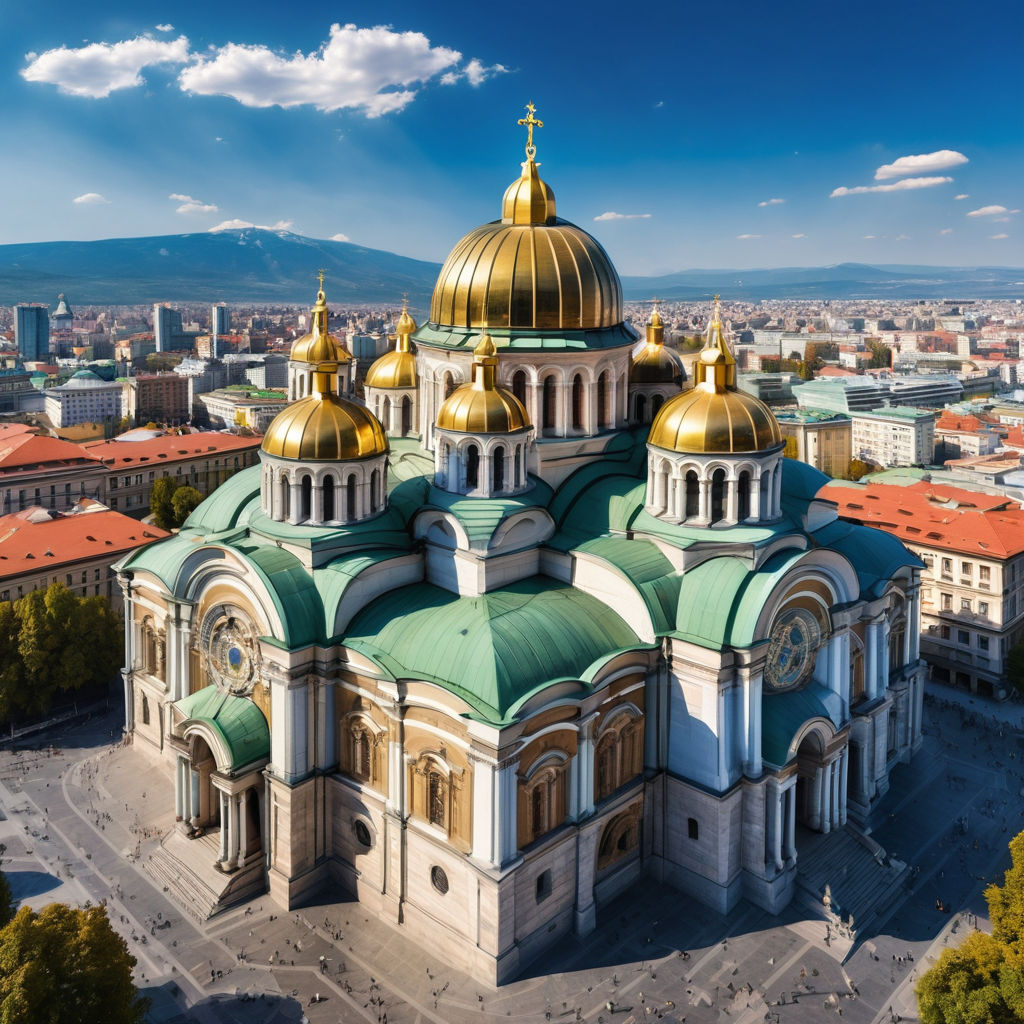Discover Bulgaria: A Cultural Crossroads in Southeastern Europe
Explore Bulgaria's Rich History and Cultural Heritage

Introduction to Bulgaria
Bulgaria, located in Southeastern Europe on the Balkan Peninsula, is a country rich in history and cultural heritage. Bordered by Romania to the north, Serbia and North Macedonia to the west, Greece and Turkey to the south, and the Black Sea to the east, Bulgaria's strategic location has made it a crossroads of various cultures and civilizations throughout history. Major cities include the capital Sofia, known for its vibrant cultural scene and historical landmarks; Plovdiv, famous for its Roman theater and ancient history; and Varna, a major port city on the Black Sea coast. Bulgaria’s cultural heritage is a blend of Thracian, Greek, Roman, Ottoman, and Slavic influences, which is reflected in its architecture, music, and traditions.
Cross-national and Cross-cultural Understanding
Bulgarians generally have a positive attitude towards other cultures and are known for their hospitality and openness to foreigners. This attitude is fostered by the country’s history as a cultural melting pot and its contemporary efforts to engage with the global community. Significant cultural exchanges and educational programs promote cross-cultural understanding, with numerous festivals and events celebrating international cultures. Educational initiatives, such as the Erasmus+ program, facilitate student exchanges with various European countries, allowing young Bulgarians to experience different cultures firsthand. Additionally, international partnerships with countries like the United States, Germany, and Japan have led to collaborative projects in education, science, and technology. These partnerships not only enhance educational and professional opportunities but also deepen cultural ties and mutual understanding.
Interactions and Social Dynamics
Interactions between Bulgarians and foreigners are typically warm and friendly, with social behaviors reflecting a strong sense of community and respect for guests. Bulgarians often go out of their way to make visitors feel welcome, which is evident in their social customs and traditions. Greetings are an important part of Bulgarian culture, with handshakes and verbal expressions of hospitality being common. Communication styles in Bulgaria tend to be direct yet polite. While Bulgarian is the official language, many people, especially in urban areas, speak English and other European languages, facilitating easier interactions with foreigners. This multilingualism is particularly evident in the younger generation, who are often educated in multiple languages. Social norms in Bulgaria emphasize respect for elders and the importance of family. These norms extend to interactions with foreigners, where politeness and hospitality are paramount. Foreigners are often invited to participate in local customs and traditions, providing a deeper understanding of Bulgarian culture.
Views on Dating and Relationships
Dating and relationships with foreigners are generally accepted in Bulgaria, though they are influenced by cultural expectations and societal norms. In urban areas, dating foreigners is common and often seen as an opportunity to learn about different cultures. However, in rural areas, traditional views on relationships may still prevail, and dating a foreigner can be met with curiosity or caution. Cultural expectations in Bulgarian dating emphasize mutual respect and family involvement. Serious relationships often involve meeting each other’s families and gaining their approval. While casual dating is accepted, long-term relationships are typically expected to lead to marriage and the establishment of a family.
Marriage and Family
Marrying foreigners in Bulgaria is widely accepted, though it involves navigating various legal, social, and familial considerations. Legally, Bulgaria supports cross-cultural marriages, provided all necessary documentation and procedures are followed. Socially, acceptance of cross-cultural marriages can vary depending on the community and the individuals involved. Family plays a central role in Bulgarian society, and marriage is often seen as an alliance between two families rather than just two individuals. In cross-cultural marriages, families may have concerns about cultural differences and how they will be managed. However, these marriages also offer opportunities for cultural enrichment and the blending of traditions, which can strengthen family bonds. Trends in cross-cultural marriages in Bulgaria indicate a growing acceptance, especially among the younger, more urbanized population. These marriages often lead to a fusion of cultural practices, creating a dynamic and inclusive family environment.